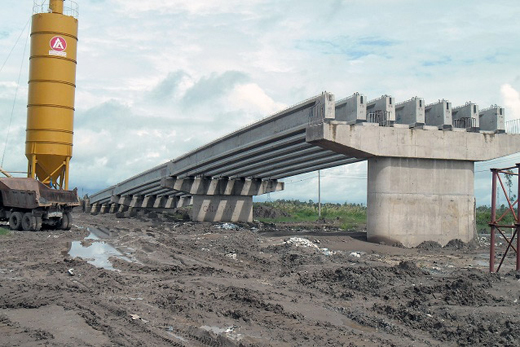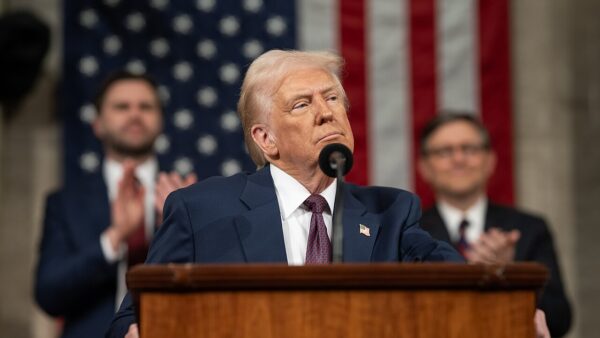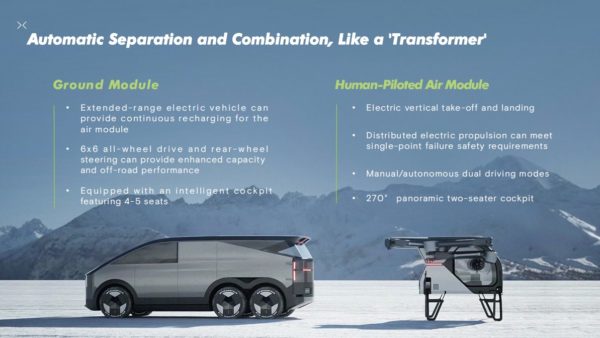Is a $200m investment in fish sauce and noodles a sign of better times?
In January, US private equity firm KKR took a $200m stake in one of Vietnam’s biggest companies, Masan Consumer.
Maker of fine sauces, instant noodles and other fast moving consumer goods, Masan reported a 47.2% growth in sales in 2012, and 34.9% growth in profit.
KKR clearly sees something it likes, because this followed the $159m stake it bought in Masan last April, itself recorded as Vietnam’s biggest ever private equity investment.
But while consumer goods are moving fast, many of Vietnam’s people still find it hard to get around.
In February the Asian Development Bank (ADB) and the government of Australia chipped in an extra US$37m to prevent an important road-building programme from hitting the buffers.
The 96km network of new roads in the Mekong Delta are on track for completion, according to the ADB, but the original designs didn’t account for the soft ground conditions, so changes are needed to stop them deteriorating prematurely.
Local people still need to be resettled as well.
Also appearing to bog down is the Hanoi Metro project. A feasibility study for a 12.5km pilot route finished in 2005, and design began in 2007. Engineers HRB and Systra signed contracts to build it, and a groundbreaking ceremony was held in September 2010.

(Credit: Masan Consumer)
But the opening target of 2016 is in question. The Saigon Times reported a list of what the city lacks to get the job done, quoting Nguyen Quang Manh, director of Hanoi’s urban railway management board: the lack of a legal framework; the lack of a planning regime for underground space; and the lack of skilled manpower, especially for the elevated sections of the line.
Mr Nguyen added that the various international loans for the project, from France, China and Japan, came with entangling conditions, making it difficult to “harmonize instructions”.
Vietnam has come far in 30 years, recovering both from war, and the cutting of purse strings to the old Soviet Bloc. After joining the World Trade Organization in 2007, it has moved away from an inefficient, centrally-planned economy.
Until recently GDP has grown, on average, 7% per year since the ruling Communist Party began liberalising in around 1990.
But stagnation in the industrialised world hurt Vietnam’s export-led economy, and growth slowed to 5% in 2012.
While Europe and the US would love such GDP performance, for Vietnam it’s “nothing to cheer about”, according to a January report for HSBC Global Research.
“This is not fast enough to allow the country to leap to a new level of development,” wrote economist Trinh D Nguyen.

A road project in the Mekong Delta has hit problems (Credit: ADB)
The report found that throughout the 2000s the government wasted money investing in inefficient state-owned enterprises, which still dominate the economy, leading to high public debt and slumping productivity.
On the plus side, foreign direct investment into Vietnam, while having taken a hit, remains strong.
KKR’s stake in Masan is an example, but Japan is leading the charge, according to the HSBC report. And for construction, there is something special about Japanese FDI.
“Generally speaking, Japanese FDI has been more ‘trade oriented’ than US FDI, meaning Japanese firms in Asia tend to build overseas production zones as an extension of their domestic base,” the report says.
“This results in Japanese firms having a role of being an initiator and coach in the industrialisation of less-developed countries.”
The report adds that the top investors in Vietnam are Asian – South Korea, Singapore, Hong Kong and Japan -Â which it says reflects a trend of multinational firms leaving China, where labour costs are rising.
So while there is nothing inevitable about Vietnam becoming a hive of growth and construction activity, the signs are promising.
But, says economist Nguyen, it needs to sort out the general business environment by cutting red tape and streamlining laws, and it needs to focus its technical and political will on infrastructure, including electricity and transport.










